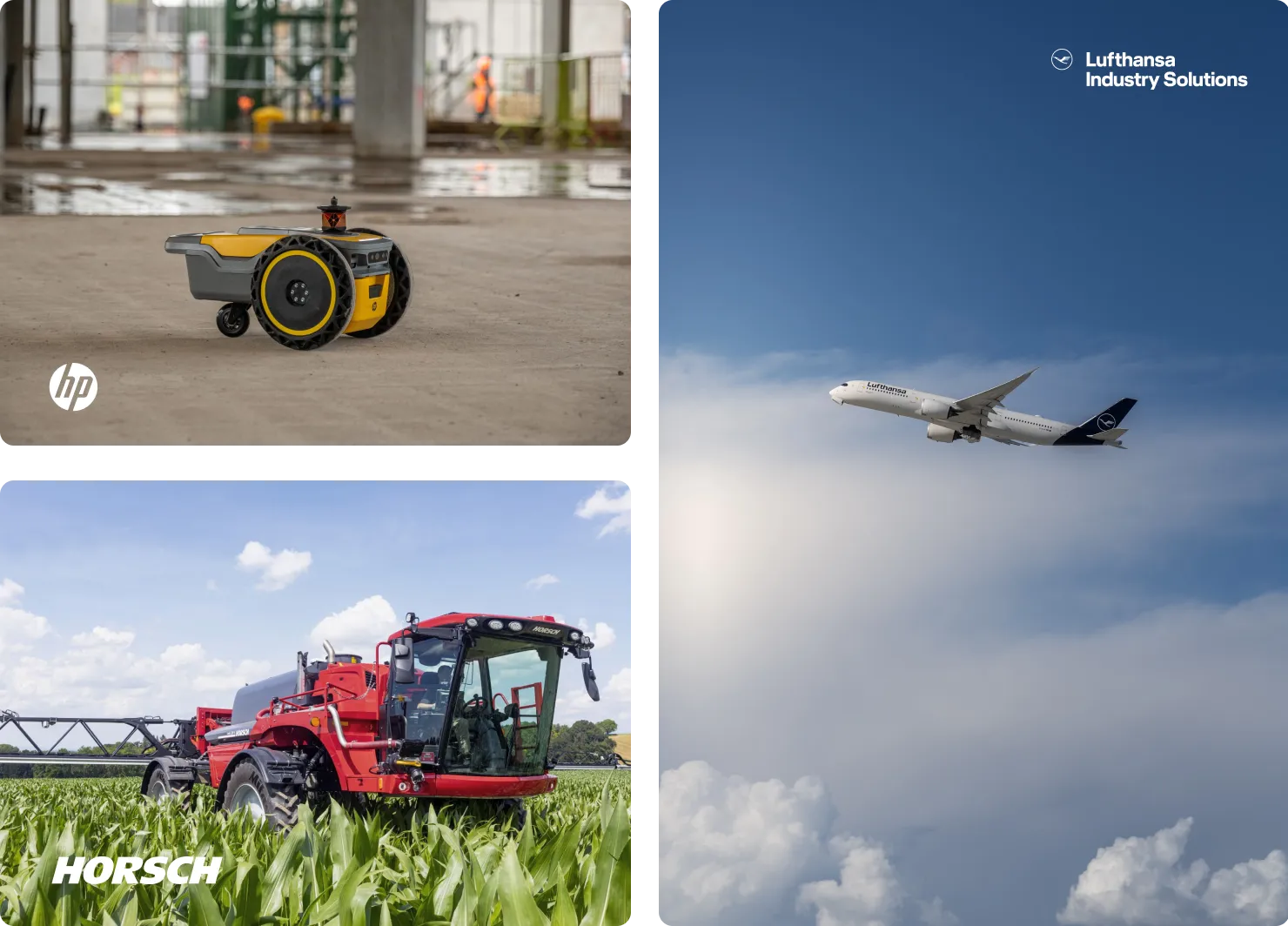
From cloud-based security technology and eBike fleet management to use in drinking water filtration systems. The M2M SIM cards from WhereverSIM connect devices in a wide variety of locations.













"With the M2M solution from WhereverSIM GmbH , we can keep an eye on our decentralized, renewable energy systems anytime and anywhere. No matter where our systems are located, the SIM ensures the best connection everywhere."

"WhereverSIM has been a reliable partner for us for years. With this M2M SIM card, our telematics systems and trackers are always connected, no matter where they are in the world."













"Our security systems are in use all over Europe. With WhereverSIM, we finally have a provider whose SIM card we can also use everywhere - at standardized conditions, with a clear web portal and with a contact person who is aware of everything."

"Our alarm systems are installed at different locations, where different networks are naturally at their strongest. With WhereverSIM, our employees have a SIM card with them that always guarantees the best reception and can therefore be used anywhere without any problems."













"For more than 30 years, we have been installing security systems for which we offer a 24/7 emergency alarm service. Accordingly, the SIM cards used must also be available 24/7 and guarantee the connection to our control center. With WhereverSIM, we can rely on always having the best network, no matter where our system is located."

"We needed a reliable solution that was based on the strongest network and not on a specific provider. This is exactly what WhereverSIM does. The uncomplicated roaming across all networks ensures much better network availability than with our previous provider, which was only specialized in one network."













"Our vehicle and people tracking systems have to work reliably at all times and everywhere - after all, the safety of employees and customers is at stake here. With WhereverSIM, we are on the safe side of always having the best possible connection, both in large cities and in the countryside. The WhereverSIM portal also allows us to manage our SIM cards ourselves and view problems with devices or data volume utilization in real time at any time."

"Whether against burglary, unauthorized access, fire, water or smoke - we offer our customers a wide range of protective measures. Our systems are often installed in technical rooms with weak reception.
Nevertheless, the WhereverSIM enables us to connect to these systems anytime and anywhere."


.webp)









"WhereverSIM is an important building block for our service. Only through the features of the IoT SIM card can we offer our customers worldwide the special out-of-the-box experience of our Smart Crop sensors and our Internet-of-Crops™ solutions."

"We are very satisfied with WhereverSIM because it enables us to offer our customers around the world complete solutions. As a provider of feedback stations, we want to give our customers as much flexibility as possible - so the terminals are not limited by national borders or Wi-Fi connections."











